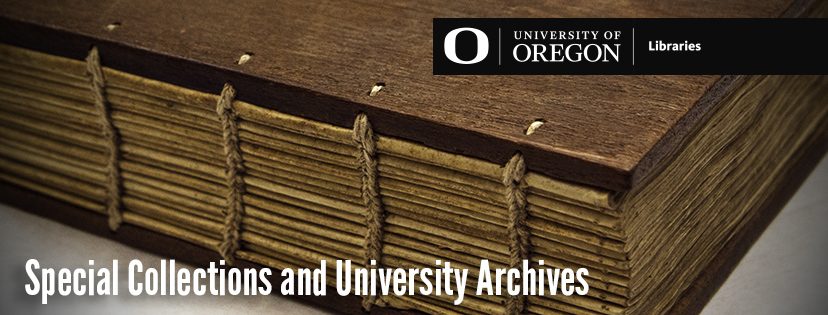New Acquisition: Secret Memoirs of the Late Mr. Duncan Campbell

So rare is the portrayal of deaf characters in 18th century British literature, rendering Secret Memoirs of the Late Mr. Duncan Campbell a treasure and a gem in this respect. University of Oregon Libraries Special Collections and University Archives (SCUA) recently acquired a copy of Secret Memoirs of the Late Mr. Duncan Campbell by Duncan Campbell, published 1732. Duncan Campbell spent his childhood in Lapland, Finland. He later travelled to London in 1694, where he led a life of extraordinary proportions, alluded to in Daniel Defoe’s The Life and Adventures of Mr. Duncan Campbell (Wikipedia, 2020; Dakin, 2009). While fictional, Defoe’s publication was seeded with grains of verities about the life of Duncan Campbell, including the belief that he held “special powers” of prediction, determined as compensational for his lack of hearing. Defoe’s portrayal of Campbell was the first account of a deaf character in English literature. Other English authors later featured deaf characters, notably Charles Dickens’s Sophy in Dr. Marigold and Wilkie Collins’s Madonna in Hide and Seek. Both Dickens’s and Collins’s narratives of deaf characters exemplified a trend seen in early portrayals of deaf characters in literature; the marginalization of deafness in society is mirrored in the literature with hearing individuals falling into positions of greater power and heroic nature (Dakin, 2009). A flaw in these portrayals of deafness in English literature is congruent with a prevalent flaw in historical depictions of disability; authors are often able-bodied, and personal accounts of disability related by those with disabilities are fewer (though this is changing).

Secret Memoirs of the Late Mr. Duncan Campbell, an account of his life, was written by Duncan while living, and per his request, published posthumously following his death in 1730. The richness of Secret Memoirs of the Late Mr. Duncan Campbell is found in an honest narrative of disability told by one with a disability. In the 20th century, Elizabeth George published For the Sake of Elena, a literary work highlighting struggles of community, identity, and acceptance of a central deaf character. Though George had some success in emphasizing elements inherent to the experience of deafness and disability, unfortunately there still lacks adequate representation of the deaf community (Dakin, 2009). Duncan Campbell’s representation of not only deafness in literature, but also the voice of a deaf author, remains unique and well deserving of keen attention and exploration.
Sources
Dakin, P. (2009). Literary portrayals of deafness. Clinical Medicine, 9(3), 293-294. https://doi.org/10.7861/clinmedicine.9-3-293
Wikipedia. (2020, September 22). Duncan Campbell (soothsayer). https://en.wikipedia.org/wiki/Duncan_Campbell_(soothsayer)
Written by Alexandra Mueller, Special Projects Archivist

